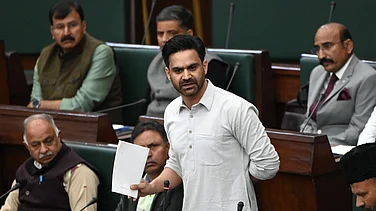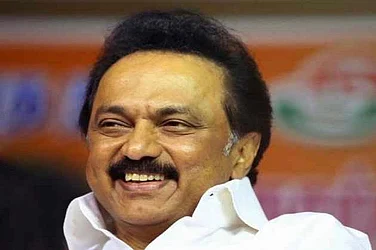The three bills aiming to overhaul India's criminal and procedural laws have reached a significant milestone as reports were formally presented to Rajya Sabha Chairman Jagdeep Dhankhar last Friday. Brij Lal, the chairman of the standing committee on home, personally handed over the comprehensive reports during a meeting at Parliament, PTI reported.
The genesis of these bills can be traced back to August when Home Minister Amit Shah introduced the Bharatiya Nyaya Sanhita, the Bharatiya Nagarik Suraksha Sanhita, and the Bharatiya Sakshya Bills in Lok Sabha. Shah, highlighting the colonial roots of the existing criminal jurisprudence, emphasized the need for a shift from a punitive approach to one that prioritizes justice.
Following the introduction of the bills, Shah urged the Speaker to refer them to the standing committee for a thorough examination. This committee, operating under the Rajya Sabha secretariat, was entrusted with a three-month period to scrutinize the proposed replacements for the Indian Penal Code, CrPC, and the Evidence Act—laws integral to India's criminal justice system.
In a recent development, the standing committee endorsed three reports, incorporating several amendments while retaining the bills' Hindi names. Notably, the committee's recommendations include a more rigorous stance on cases of negligence-induced deaths, addressing criticisms about the leniency of current statutes.
Additionally, the committee proposed a reduction in sentences for individuals convicted of obstructing public servants from performing their duties. Section 353 of the Indian Penal Code, prescribing a maximum two-year prison term, may see a potential cut to one year. The application of this law to those participating in protests has prompted committee members to advocate for leniency towards ordinary protesters.


























